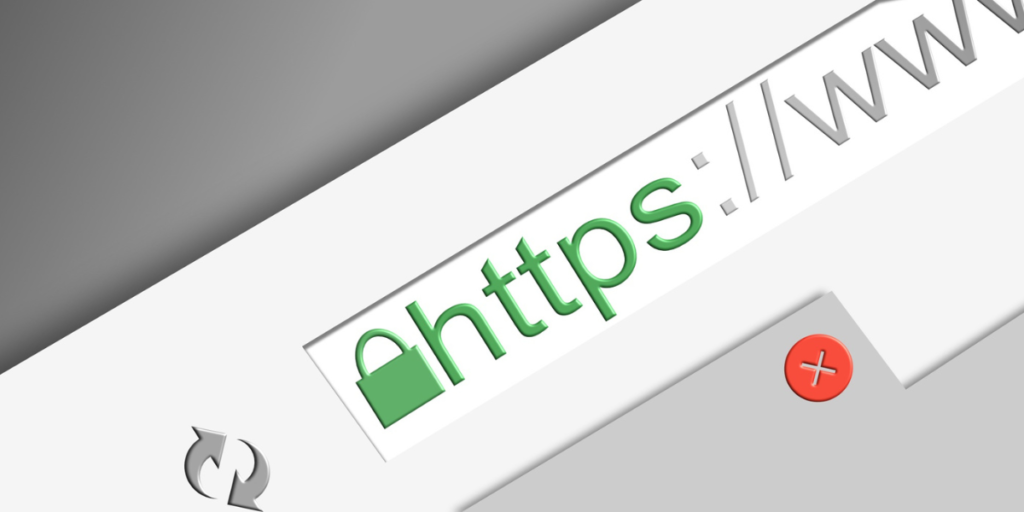What is SSL
SSL (Secure Sockets Layer) is a cryptographic protocol used to secure internet communication. It is used to establish a secure connection between a client (such as a web browser) and a server (such as a web server) over the internet.
The SSL protocol works by using public-key cryptography to encrypt data transmitted between the client and server. This ensures that the data cannot be intercepted and read by unauthorized parties. SSL also uses digital certificates to authenticate the identity of the server and ensure that the client is communicating with the correct server.
The SSL protocol has been widely used for secure online transactions, such as e-commerce, online banking, and email. It has since been superseded by TLS (Transport Layer Security), but the term SSL is still commonly used to refer to the security protocol used in web browsing.
SSL certificates are issued by trusted third-party Certificate Authorities (CAs) and must be installed on web servers to enable secure communication. Websites that use SSL/TLS are identified by the https:// prefix in their URLs and the padlock icon displayed in web browsers.
What happens if you don’t use SSL?
If you don’t use SSL for your website, your website and your users may be at risk of several security threats, such as:
Data Interception: Without SSL, any data transmitted between your users’ web browser and your web server can be intercepted and read by attackers. This includes sensitive information such as login credentials, credit card details, and personal information.
Man-in-the-middle Attacks: In a man-in-the-middle attack, an attacker intercepts the communication between the user’s browser and the web server to steal information or modify data. SSL prevents this type of attack by encrypting the data being transmitted, so it cannot be intercepted and modified.
Phishing: Attackers can create fake websites that look similar to your website to steal user’s login credentials or personal information. SSL helps prevent this type of attack by verifying the authenticity of your website to your users.
Trust and Credibility: Without SSL, your website may be perceived as untrustworthy or insecure, leading to a loss of credibility and user trust. This can have negative consequences for your website’s reputation, user engagement, and business goals.
SEO Ranking: Google has publicly stated that having SSL on your website is a factor in their search engine ranking algorithm. This means that not having SSL can lead to a lower search engine ranking and decreased website visibility.
Why is SSL important?
SSL (Secure Sockets Layer) is important for your website for several reasons:
Data Encryption: SSL ensures that all data transmitted between the user’s browser and the web server is encrypted and secure. This means that any sensitive information such as login credentials, credit card details, and personal information will be protected from unauthorized access and interception.
Authentication: SSL provides authentication for your website by verifying that the web server the user is communicating with is a legitimate server and not an impostor or hacker. This helps prevent phishing attacks and other forms of website spoofing.
Trust and Credibility: Having SSL on your website gives your visitors confidence that your website is legitimate, trustworthy, and takes security seriously. This can lead to increased user engagement, sales, and customer loyalty.
SEO Ranking: Google has publicly stated that having SSL on your website is a factor in their search engine ranking algorithm. This means that having SSL can improve your website’s visibility and search engine ranking.
Conclusion
Not using SSL for your website can lead to security threats, loss of trust and credibility, and negative consequences for your website’s reputation, user engagement, and business goals.
SSL is important for your website because it provides data encryption, authentication, trust, and credibility, and can even improve your website’s search engine ranking.





